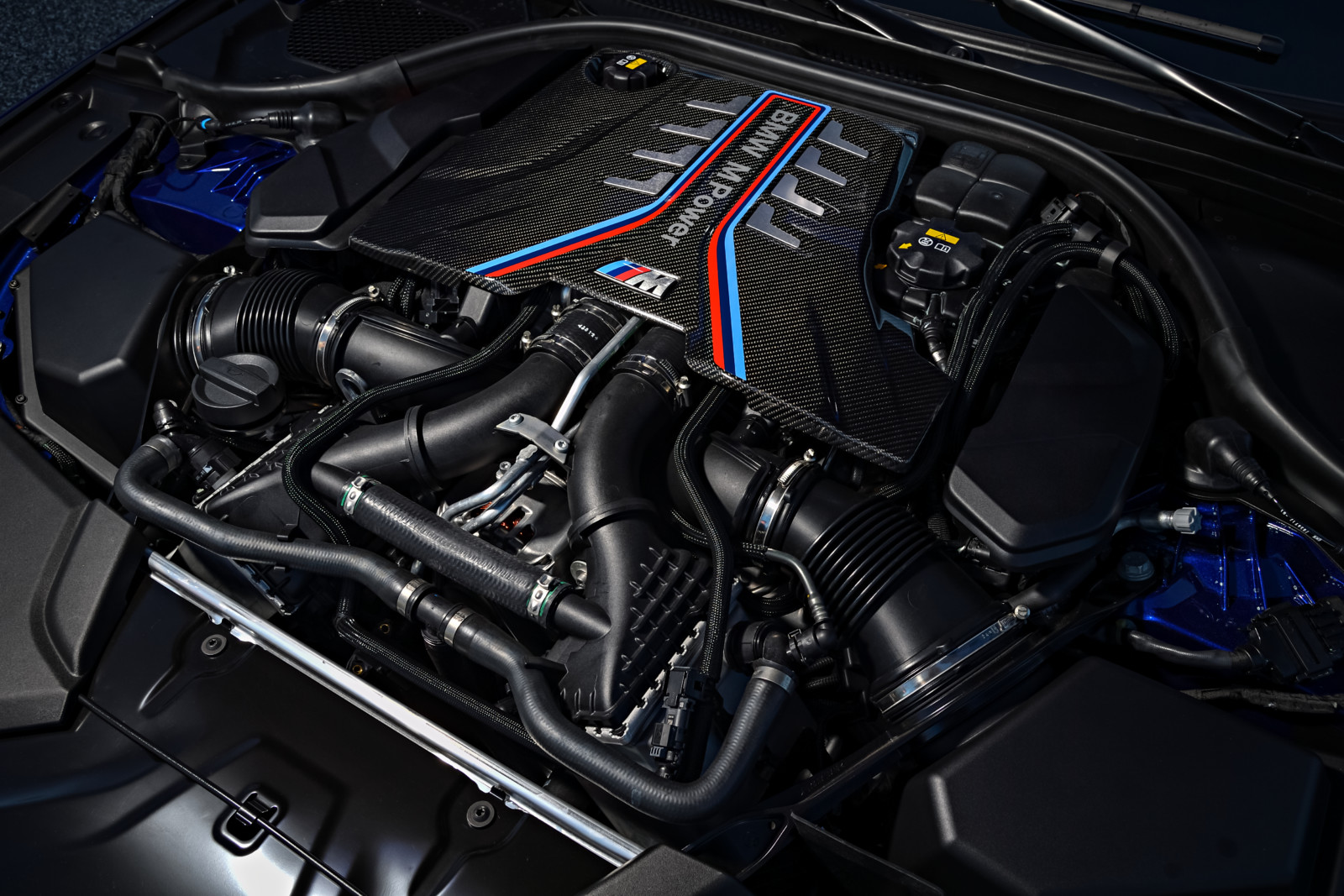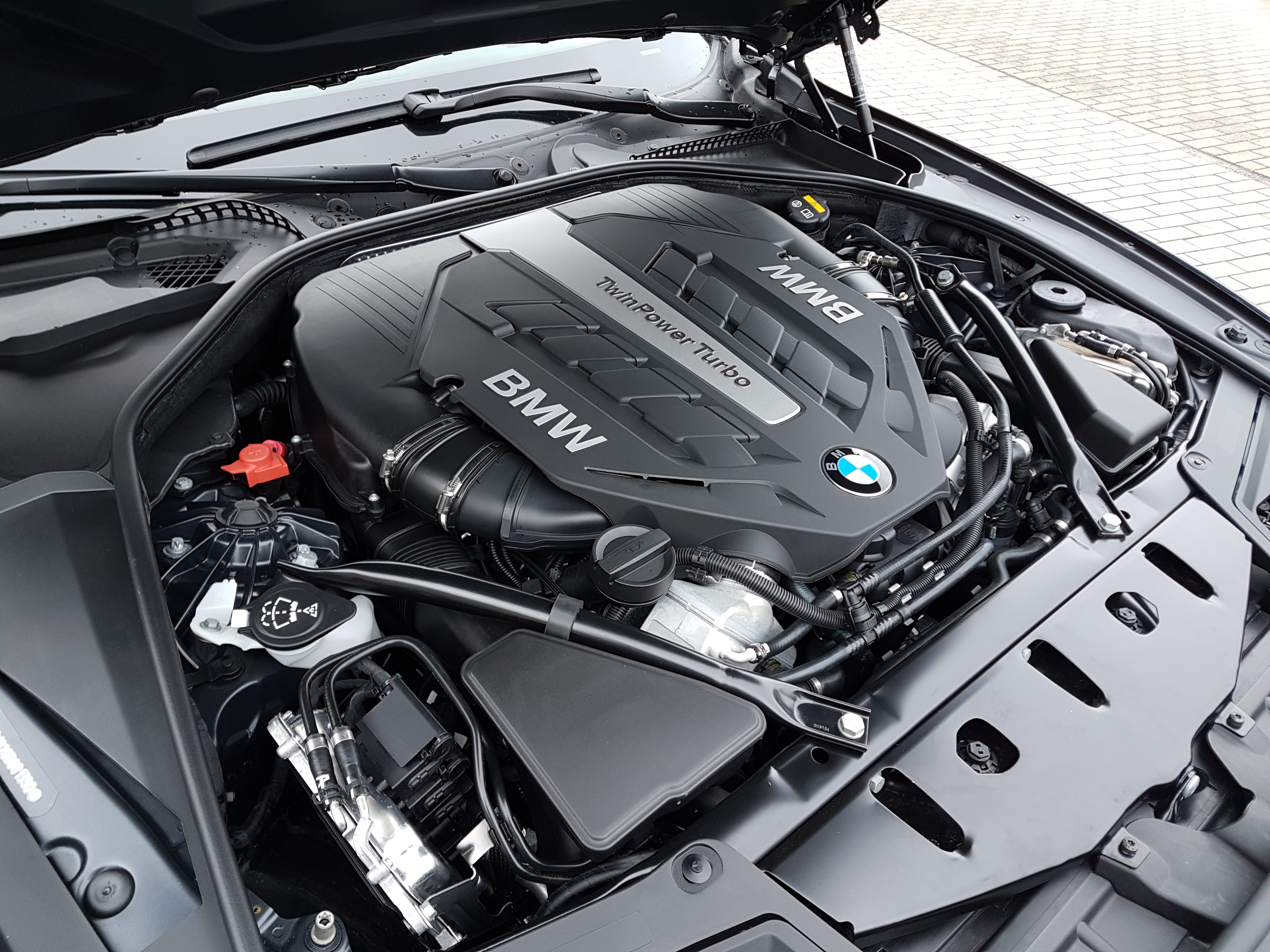The Evolution of the BMW Engine: A Look Back at Iconic Models
The Evolution of the BMW Engine: A Look Back at Iconic Models
Blog Article
Revealing the Intricacies of Next-Generation Power Units: a Deep Study Advanced Engine Styles and Technologies
As we stand on the precipice of a new era in transportation, the ins and outs of next-generation engine styles beckon us to explore the innovative technologies and advancements that promise to redefine the driving experience. Delving deeper into the realms of emission control, intelligent engine management systems, and the horizon of power device advancement, we locate ourselves on the cusp of a transformation that promises to improve the landscape of movement as we recognize it.
Evolution of Engine Products

The change in the direction of advanced engine products has likewise made it possible for designers to design engines with higher power results while maintaining fuel effectiveness criteria. For instance, the usage of light-weight materials minimizes the total weight of the engine, leading to improved fuel economic situation and lower emissions. In addition, advancements in materials innovation have enabled much better thermal administration within engines, leading to raised integrity and long life.
Turbocharging and Supercharging Technologies
Just How do Turbocharging and Supercharging Technologies change engine performance and performance in contemporary vehicles? Turbocharging and supercharging are innovations that dramatically enhance engine efficiency by enhancing the amount of air consumption right into the burning chamber. Turbocharging accomplishes this by utilizing a generator driven by exhaust gases to pressurize the intake air, while turbo charging utilizes a belt- or chain-driven compressor to achieve the very same impact.
These technologies make it possible for smaller, more fuel-efficient engines to generate power comparable to bigger ones, referred to as downsizing. Forcibly even more air into the cyndrical tubes, turbo charging and turbocharging enhance burning effectiveness, causing raised horsepower and torque result without a significant boost in engine dimension. This results in much better velocity, hauling capability, and overall driving performance.
In addition, turbo charging and turbocharging add to improved fuel efficiency by allowing the use of smaller sized engines that eat less gas under regular driving problems - bmw engine. This combination of improved performance and performance has made turbocharging and supercharging essential parts of many contemporary engine styles
Exhaust Control and Environmental Impact
With boosting international concerns relating to air top quality and ecological sustainability, the implementation of exhaust control innovations in automobiles plays an important duty in reducing damaging contaminants released right into the ambience. Modern lorries are equipped with sophisticated emission control systems that assist lessen the environmental impact of automobile operations. Catalytic converters, for circumstances, are developed to transform toxic gases such as carbon monoxide, nitrogen oxides, and hydrocarbons right into much less hazardous compounds like co2 and water vapor.
In addition, improvements in engine innovation, such as the assimilation of exhaust gas recirculation systems and selective catalytic reduction, have considerably added to Learn More decreasing exhausts. These modern technologies function in tandem to optimize burning effectiveness and decrease the release of harmful toxins right into the air. Additionally, the growth of crossbreed and electrical vehicles represents an essential step towards decreasing the overall environmental impact of the transportation field.
Intelligent Engine Monitoring Systems

Moreover, these systems enable lorries to satisfy rigorous discharges standards without endangering performance, giving a much more environmentally friendly driving experience. The integration of fabricated intelligence and artificial intelligence capacities in engine administration systems remains to press the boundaries of what is feasible, leading to additional improvements in performance, integrity, and general lorry performance. bmw engine. As vehicle technology breakthroughs, intelligent engine management systems will play an important duty in shaping the future of transport in the direction of a more sustainable and effective direction
Future Trends in Power Device Advancement
As smart engine administration systems lead the method for boosted control and optimization in modern-day vehicles, future fads in power device growth are positioned to redefine the landscape of automobile propulsion modern technologies. These alternate power sources provide enhanced efficiency and performance while straightening with rigorous ecological guidelines.
One more significant trend is the assimilation of advanced materials and making strategies. Lightweight materials such as carbon page fiber and light weight aluminum are being made use of to decrease overall vehicle weight, boosting fuel performance and performance. In addition, improvements in 3D printing and additive production are allowing the production of intricate engine elements with greater accuracy and longevity.
Moreover, expert system and artificial intelligence are playing a crucial duty in optimizing power device performance. These technologies enable real-time surveillance and flexible control, causing much more reliable and trusted power delivery. Overall, future fads in power unit advancement are tailored towards sustainability, effectiveness, and performance, driving the automotive market in the direction of a new age of propulsion technologies.

Verdict
Finally, the advancements in engine products, turbocharging, discharge control, and smart administration systems have actually paved the means for next-generation power systems. news These technologies have not just enhanced efficiency and efficiency yet also minimized environmental impact. As modern technology continues to advance, future trends in power system growth are likely to concentrate on more improving sustainability and enhancing power output. The elaborate designs and advancements in contemporary engines display the recurring evolution of vehicle technology.
Exploring the progressive developments in engine materials has been pivotal in enhancing the efficiency and efficiency of modern engines. Over the years, the evolution of engine materials has played a critical duty in pushing the borders of what engines can achieve.The change in the direction of advanced engine products has additionally allowed engineers to create engines with greater power outcomes while preserving gas efficiency standards.The implementation of intelligent engine management systems in modern-day lorries has actually revolutionized the way engines are managed and optimized for efficiency and performance. By gathering data in real-time and analyzing it with sophisticated formulas, smart engine administration systems can adapt to driving styles, ecological aspects, and engine wellness to optimize power outcome while reducing fuel intake and discharges.
Report this page